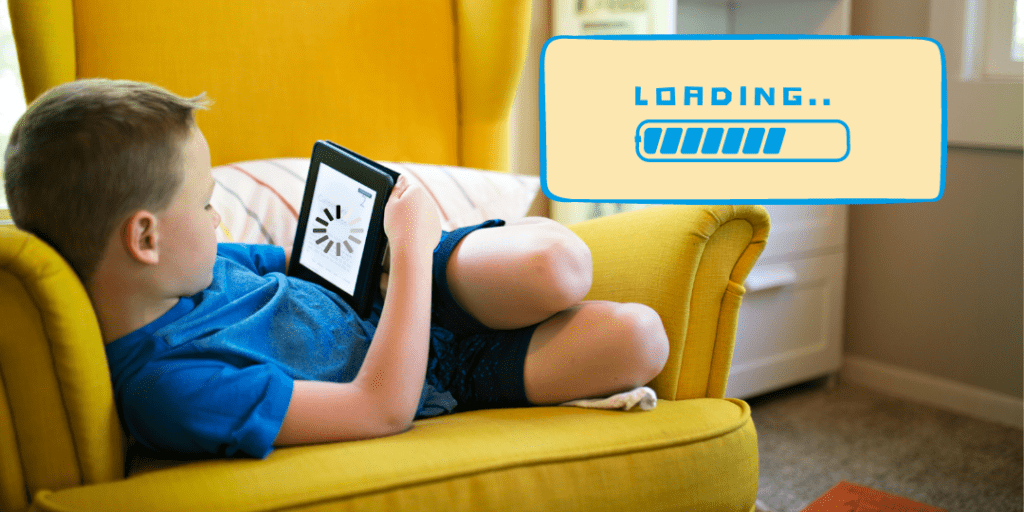
You’re trying to be a good parent, and you want to stop your kid from using their phone at all hours of the day and night. You want to limit how much time they spend on TikTok, and you definitely don’t want them to find their way onto “those” websites. So, you installed an app to have some control over their online experience — but now, their phone isn't working the way it should. You might be wondering, "Why did my parental control app slow down my child's phone and drain their battery?"
Traditional parental control apps like Circle, Bark, Qustodio, MMGuardian, and others seem appealing. Because they don’t come from the operating system maker (Apple, Google, or Microsoft), they have to rely on different ways to make their monitoring technology work. They found an effective workaround: these products are all built around Virtual Private Network (VPN) technology.
VPN stands for “virtual private network.” A VPN redirects your online activity through a remote server run by a VPN host.
Think of VPNs as a special “pipe” to the Internet from your phone or computer. Instead of sending your requests for netflix.com directly to your home internet provider, having a VPN forces all your connections to go through their software first. In the case of parental control apps installed on your child’s phone, they make all of your child’s browsing and app activity go through their software.
You might have heard of VPNs as something your company uses to let you connect to their servers and software when you’re not in the office. More recently, you might be hearing about them as a way to be secure when using the internet when traveling, or to get access to things like BBC videos, normally only available in the UK, when you’re home in the US.
VPN-based apps can tally the access each time your child uses a specific app, such as Instagram. They can also stop your child from connecting to Instagram if they have exceeded the limit you set, or if it’s after bedtime.
Why would a VPN-based parental control app cause my child’s device to work less efficiently?
The problem is that the app is frequently in communication with your child’s device, and that uses up the device’s battery. VNPs require CPU power to keep track of activity, and it necessarily slows down the network because every request is evaluated to make sure it’s allowed.
This means longer times to load a web page, start an app, message a friend — all of which just makes the device more frustrating.
With iOS devices, it is very straightforward for a savvy kid to disable the VPN installed by the parental control app. If you read the parental reviews on the iOS App Store for these products, you will see many references to “it was easy for my kid to figure out how to disable this.” It’s not really the fault of the parental control software makers — there’s no other way to integrate their product with the operating system.
Apple, Google, and Microsoft all offer relatively robust parental control features for free with their operating systems: Apple Screen Time, Google Family Link, and Microsoft Family Safety. We recommend parents first try these if you need to set parental controls, like screen time limits and blocking access to certain apps.
BrightCanary is different than other parental monitoring apps because it doesn't use a VPN. The app works entirely from your phone, so your child can't delete it. You can use BrightCanary to monitor your child’s online activity and texts on Apple devices, and it will send you alerts when your child interacts with potentially concerning content. All you need to activate it is install it on your own phone and link their accounts.
Parental control apps are built on VPN technology, which can use up a device’s battery and make the internet run more slowly. Device manufacturers (Apple, Google, and Microsoft) all have parental control features built into their operating systems. For more visibility into what your child encounters online, BrightCanary fills in the gaps on Apple devices — and it doesn't use a VPN, so it won't slow down your child's phone.